Mozambique: One killed by terrorists in Mocímboa da Praia district - AIM report
Mozambique: Fear of armed attacks in the north spreading
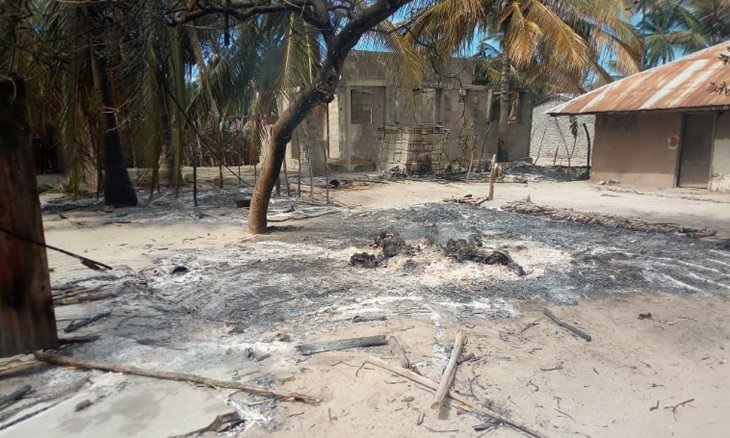
In file CoM
Muslim cleric Saide Habibe admits that the spreading of the attacks in Cabo Delgado is something to be considered, and promises that the Muslim community is determined to scotch the false association between the attackers and Islam.
On Monday, the villages of Natugo, Nangade district, and Changa, in the Macomia district of Cabo Delgado, were the target of armed attacks.
One man was killed by machete in Natugo, while in Changa a Defense and Security Forces (FDS) camp was attacked, killing two and injuring one other, according to Lusa.
Nangade administrator Dinis Mitandi however knows only of the Nangade attack.
“In Nangade on Sunday night we had an incident dragged on into Monday. Two people died and five houses were burned. The residents were in their homes at the time. That of course is an isolated village: people go there to farm and the region eventually turns into a village,” he explained.
Islam instrumented by the attackers
The FDS last week announced the opening of operational headquarters in Macomia and Quissanga, also target of attacks. Mitandi was unable to confirm any possible operational center in Nangade to deal with the attacks there, but gave assurances that until a little while ago everything had been normal, saying “There was no need for a contingent of FDS in our district because we had not yet experienced such a scenario”.
About half the population of Nangade is Muslim. Indeed, Cabo Delgado province is predominantly Muslim and the armed attacks that began in October 2017 have been associated with Islam. But a study by the Civil Society Support Mechanism Foundation and the Institute of Social and Economic Studies published last May, dismisses this possibility, while acknowledging that Islam has been used to destabilize communities.
Muslim communities in enlightenment campaigns
In Nangade, the administrator explains that “conservative Muslim say they have nothing to do with these kind of people, describing them as absolutely deluded young people”.
“We have permanent contact with religious leaders who consider that the attackers use Islam as a cover, wearing Islamic costumes to create distrust among citizens. Christians, when they see Muslims, suspect they are causing problems, and this does not go down well.”
DW Africa asked Sheikh Saide Habibe, who participated in the IESE-MASC study whether the country’s Islamic associations would run awareness campaigns to dissociate the attackers’ actions from Islam.
“At the moment, there is work being done at the level of the Muslim community, although it is hesitant, but seeks to clarify this phenomenon, so much so that many Muslim leaders have been in contact with government authorities, both at the district level where the attacks occur and at the central level.”
Nampula could be the next target
Like Cabo Delgado, the neighboring province of Nampula is predominantly Muslim. It is also vast in terms of territory and therefore difficult for the authorities to control, revealing weaknesses in the exercise of its functions.
And although it is not as attractive as Cabo Delgado, Nampula also has riches. Would there be a possibility of armed attacks spreading to Nampula?
“That is what we are now dreading. Here, the efforts must be more energetic, because if we do not stop the phenomenon now while it is still new, there is indeed a fear of it spreading,” Sheikh Habibe says.
“If this happens, the province of Nampula may well be one of the next victims because of the similarities between Nampula and Cabo Delgado provinces, and as the [IESE and MASC] study found that some of the insurgent group come from Nampula province, Memba and Nampula city.”


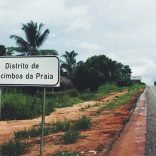

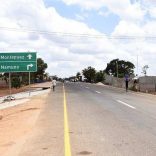
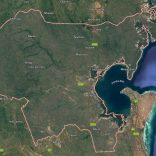

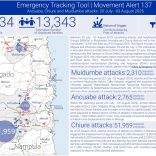




Leave a Reply
Be the First to Comment!
You must be logged in to post a comment.
You must be logged in to post a comment.